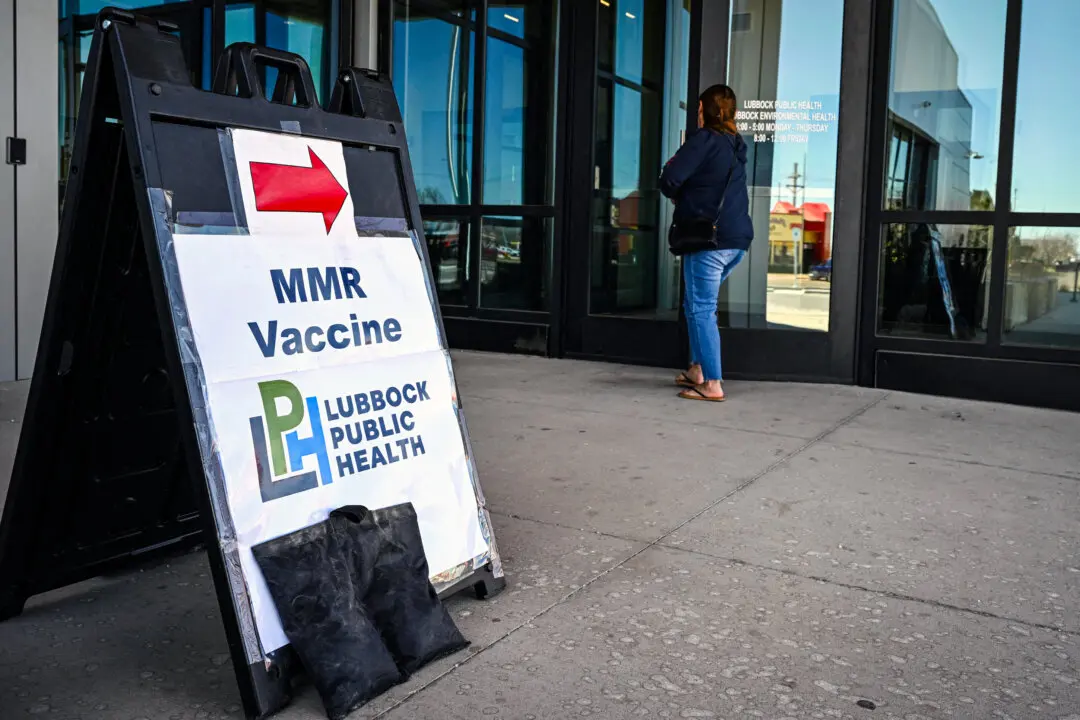People who get COVID-19 from the Omicron virus variant are less likely to require hospital care, according to a UK study published Wednesday.
Researchers from the Imperial College London estimated (pdf) that Omicron patients were 20- to 25-percent less likely to need hospital care and 40- to 45-percent less likely to be hospitalized for one night or more when compared to patients with the Delta variant.





